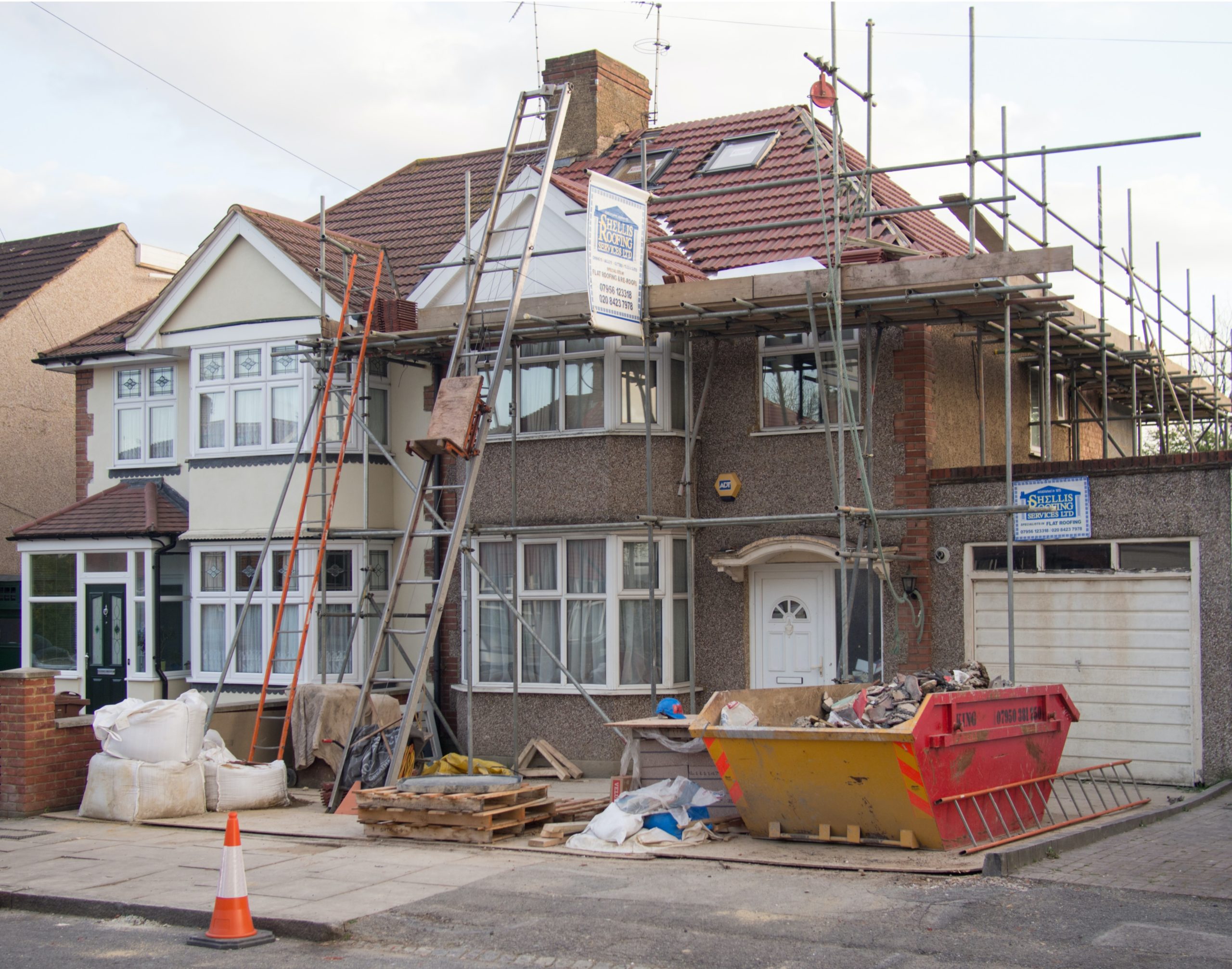Home improvement projects can vary greatly. Some are small, simple changes designed to help you view and use your home differently, while others a large and exciting changes – and these are often costly to put into action. Whether you’re having your bathroom re-done, getting new flooring or installing new kitchen appliances, your decision should be a considered one.
Raising the funds to do this can be half the battle, as home improvement projects can be very expensive. Generally, people might use their savings or seek loans. Eligible homeowners who are a little older may be able to fund large-scale projects through equity release, where you can access the equity tied up in your home.
But what type of home improvements should you consider later in life? Here’s what you need to know.
How much is being spent on home improvements in the UK?
Reports show that 88.1% of homeowners renovated their home in some way in 2022, with the majority spend being between £101-£250. And despite younger people being more likely to carry out renovations, with 92% of 25-34-year-olds doing so, older homeowners tend to spend more money.
In fact, 8% of those aged 55-64 years old spent over £10,000 renovating their homes. Factors such as disposable income and having more spare time are likely responsible for these figures.
Consider the practical elements
When it comes to deciding what type of renovations you’d like to make, it’s important to consider the practical side. Ensuring you can get around your home with ease is an important one, and so are other subtle adjustments such as walk-in showers. While it might feel a little early to be thinking about this right now, think of them as investments for the future.
Even changing door knobs to lever handles can help you navigate your home more effectively. Eventually, you may need to consider grab bars for safety, or even stair lifts. Widening hallways and doors might be a change to want to consider earlier rather than later. For safety, you may want to think about smart cameras and doorbells.
In addition to these practical considerations, you might explore how open banking software can help you manage the financial aspects of your renovations. This technology provides real-time access to your financial data, making it easier to budget and track expenses. Moreover, unsecured business loans can offer the necessary funding without requiring collateral, allowing you to proceed with your renovations smoothly.
Make sure you also think about whether your renovation choices will create more maintenance work for you in the future. Will certain additions be a pain to clean, for example? Once your mobility starts to decline, you may find yourself regretting your decisions. Using open banking software to stay on top of your finances and considering unsecured business loans for funding can help you make more informed and sustainable renovation choices.
Don’t forget about your outdoor space
Whether you have a sprawling garden or a small patio outside the house, having the option to be out in nature or simply sit outside will do wonders for your mental wellbeing. You might find it beneficial to create a sitting area so that you can soak up the sun’s rays and that all-important vitamin D.
Keep in mind the prospect of having to maintain the space. Some older homeowners who don’t hire a gardener opt for patios or astroturf so that there’s no longer a need to cut the grass. This way, you can go for plant pots and other low-maintenance garden accessories instead.
Think about the entrance to your home too. Is it easily accessible for someone with a wheelchair? Are there hazards that could trip someone up with poor mobility? Framing your renovation decisions with the future in mind could help you save a huge amount of money going forward and help you live more comfortably.






